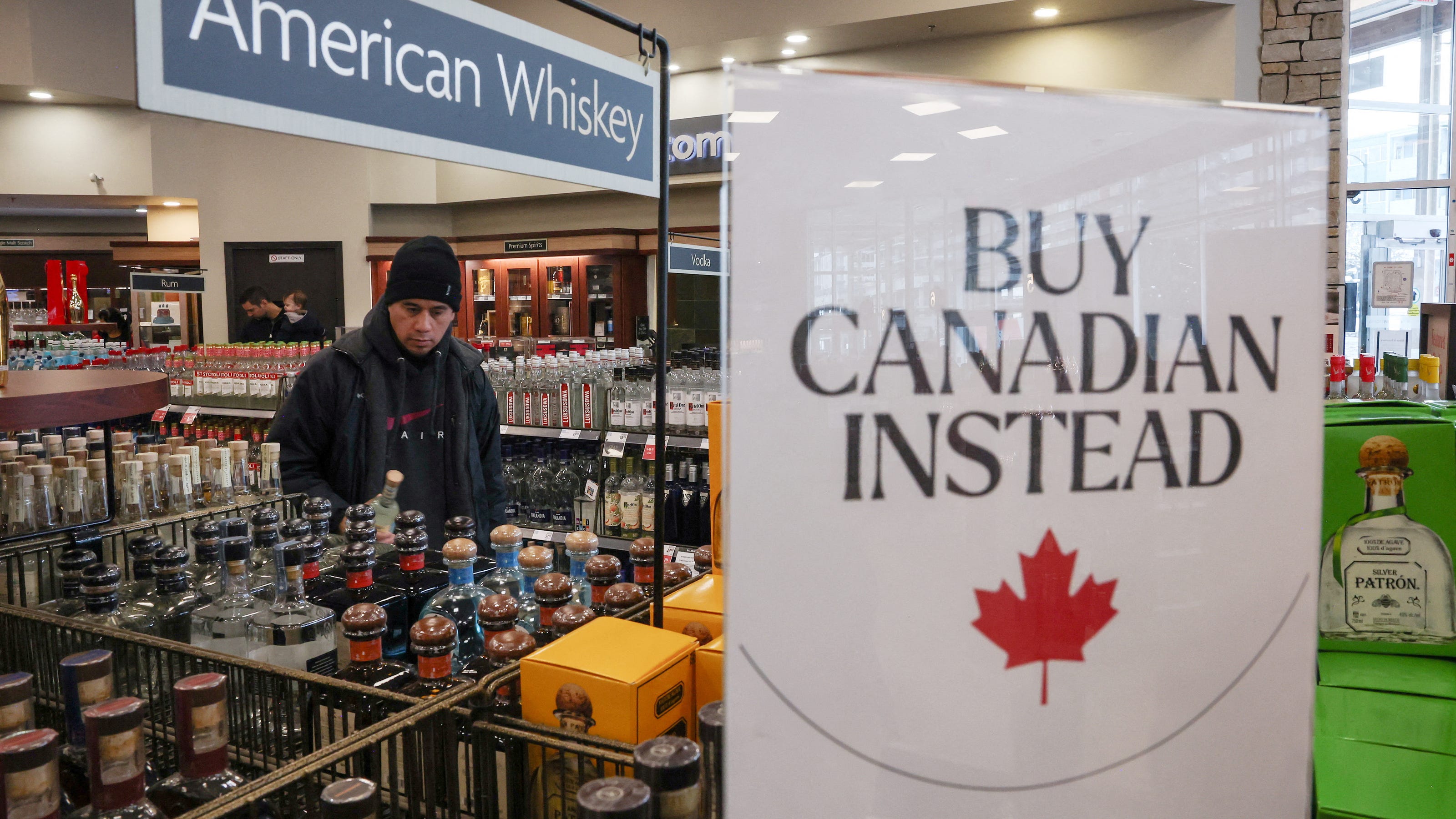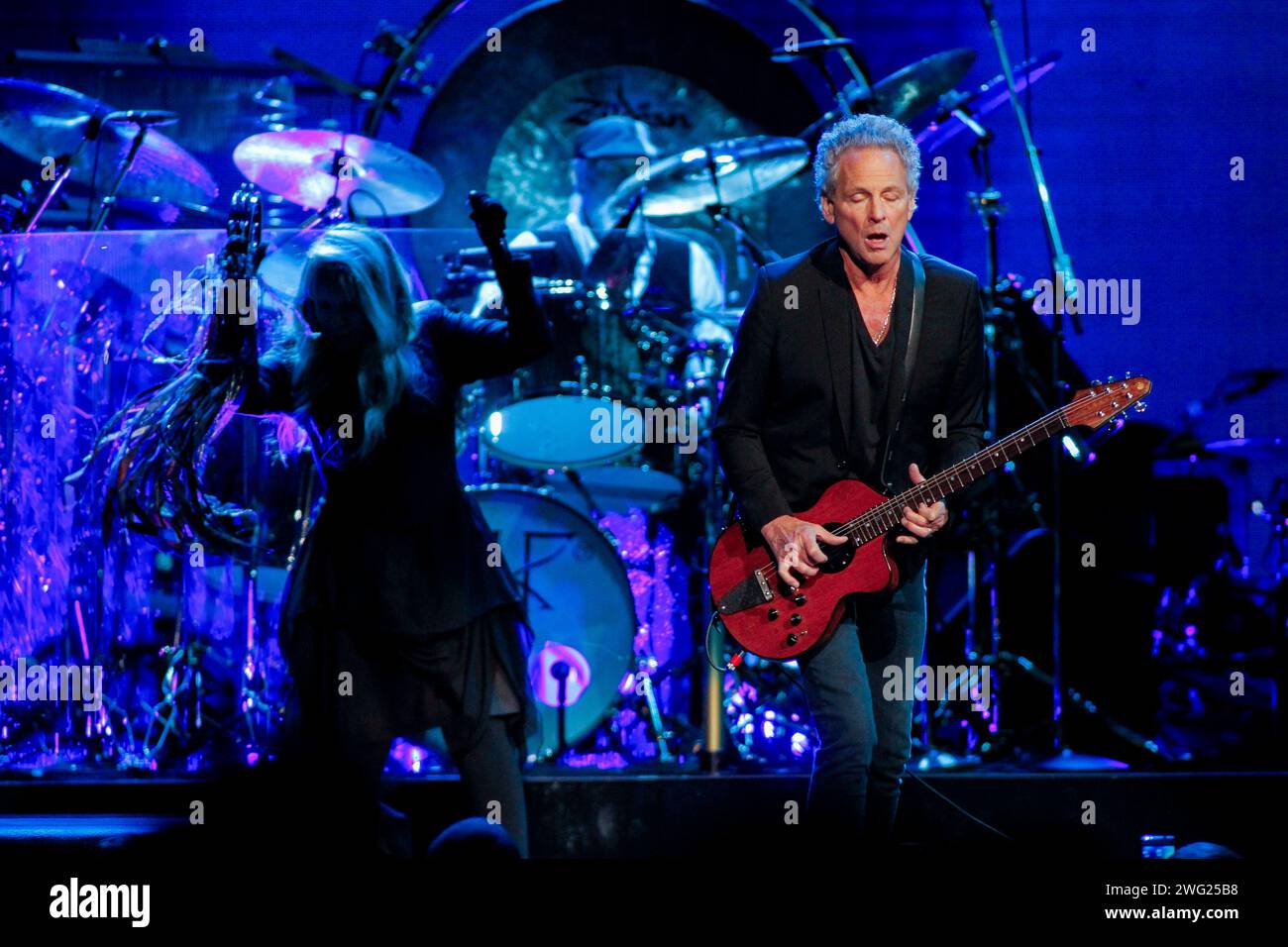No Trump Tariff Support: Buffett Dismisses All Reports As False

Table of Contents
Buffett's Public Statements Refute Tariff Support
Warren Buffett, the renowned CEO of Berkshire Hathaway, has consistently and unequivocally refuted any suggestion that he supported Donald Trump's tariffs. These denials have been made across various reputable platforms, leaving no room for misinterpretation.
- Key Quotes: Several interviews and public statements contain explicit denials. For example, during a CNBC interview in [insert date], Buffett stated, "[Insert direct quote clearly refuting tariff support]". Similar denials can be found in his remarks at the [Year] Berkshire Hathaway annual shareholder meeting [insert link to transcript or video].
- Platforms of Denial: Buffett's denials weren't limited to one platform. He addressed the issue in prominent financial news interviews, at shareholder meetings, and potentially through official Berkshire Hathaway press releases [insert links where applicable].
- Tone of Denial: The tone of Buffett's statements has consistently been firm and direct. There's no ambiguity in his rejection of the claims, leaving little room for speculation or alternative interpretations. The clarity of his messaging underscores the falsehood of the initial reports.
Analysis of the False Reports and Their Origins
The origins of the false reports claiming Buffett's support for Trump tariffs remain unclear, but several possibilities warrant investigation.
- Primary Sources: Identifying the initial sources is crucial in understanding how the misinformation spread. [Investigate and name the initial sources if possible. If not, state that the investigation is ongoing and describe the nature of the sources, e.g., "unverified social media posts," "low-credibility news outlets"].
- Source Credibility Assessment: A critical evaluation of these primary sources reveals [explain the lack of credibility. E.g., "a history of publishing unsubstantiated claims," "obvious political bias," "lack of fact-checking processes"].
- Motives Behind Misinformation: Several motives might explain the spread of these false claims. [Speculate on possible motives, e.g., "political manipulation," "attempts to damage Buffett's reputation," "sensationalism to attract readers"].
- Impact on Public Perception: The spread of misinformation has likely influenced public perception of Buffett's stance on trade policy. It highlights the importance of relying on verified information from reputable sources.
The Economic Implications of Buffett's Stance
Buffett's clear rejection of Trump's tariffs holds significant economic implications, both for Berkshire Hathaway and the broader market.
- Berkshire Hathaway's Investments: Buffett's investment decisions significantly influence market trends. His opposition to the tariffs suggests a negative view of their potential impact on Berkshire Hathaway's vast portfolio and long-term investment strategies [discuss specific examples if possible].
- Influence on Market Sentiment: Buffett's opinions carry substantial weight in the investment community. His denial of tariff support likely influenced investor sentiment, potentially impacting market reactions to trade policy news.
- Broader Implications for US Trade Policy: The narrative surrounding Buffett and the tariffs highlights the complexities and potential consequences of trade protectionism. It underscores the importance of considering diverse viewpoints when evaluating trade policy's economic impact.
- Market Reactions: The initial false reports likely caused temporary market fluctuations. Buffett's subsequent denials likely helped correct the initial misinterpretations, but the impact of the misinformation remains noteworthy.
Conclusion
In conclusion, Warren Buffett's forceful denials of supporting Trump's tariffs decisively refute the false reports that circulated. Analysis of the false reports highlights the dangers of misinformation and the importance of verifying news from credible sources. Buffett's stance has clear economic implications, affecting investor sentiment, Berkshire Hathaway's portfolio, and the broader discussion around US trade policy. Don't fall for false reports about Buffett's stance on Trump tariffs; always verify information from reputable sources to stay informed about the effects of trade policies. For further information on accurate reporting of economic news, refer to [link to a reputable financial news source].

Featured Posts
-
 The Countrys Top Emerging Business Locations A Geographic Analysis
May 04, 2025
The Countrys Top Emerging Business Locations A Geographic Analysis
May 04, 2025 -
 Lindsey Buckingham And Mick Fleetwood A Studio Reunion
May 04, 2025
Lindsey Buckingham And Mick Fleetwood A Studio Reunion
May 04, 2025 -
 Ufc Fight Night Predictions Cory Sandhagen Vs Deiveson Figueiredo
May 04, 2025
Ufc Fight Night Predictions Cory Sandhagen Vs Deiveson Figueiredo
May 04, 2025 -
 Open Ais 2024 Event Easier Voice Assistant Creation Tools Unveiled
May 04, 2025
Open Ais 2024 Event Easier Voice Assistant Creation Tools Unveiled
May 04, 2025 -
 Canelo Vs Plant Alvarez Shuts Down Crawford Fight Speculation
May 04, 2025
Canelo Vs Plant Alvarez Shuts Down Crawford Fight Speculation
May 04, 2025
